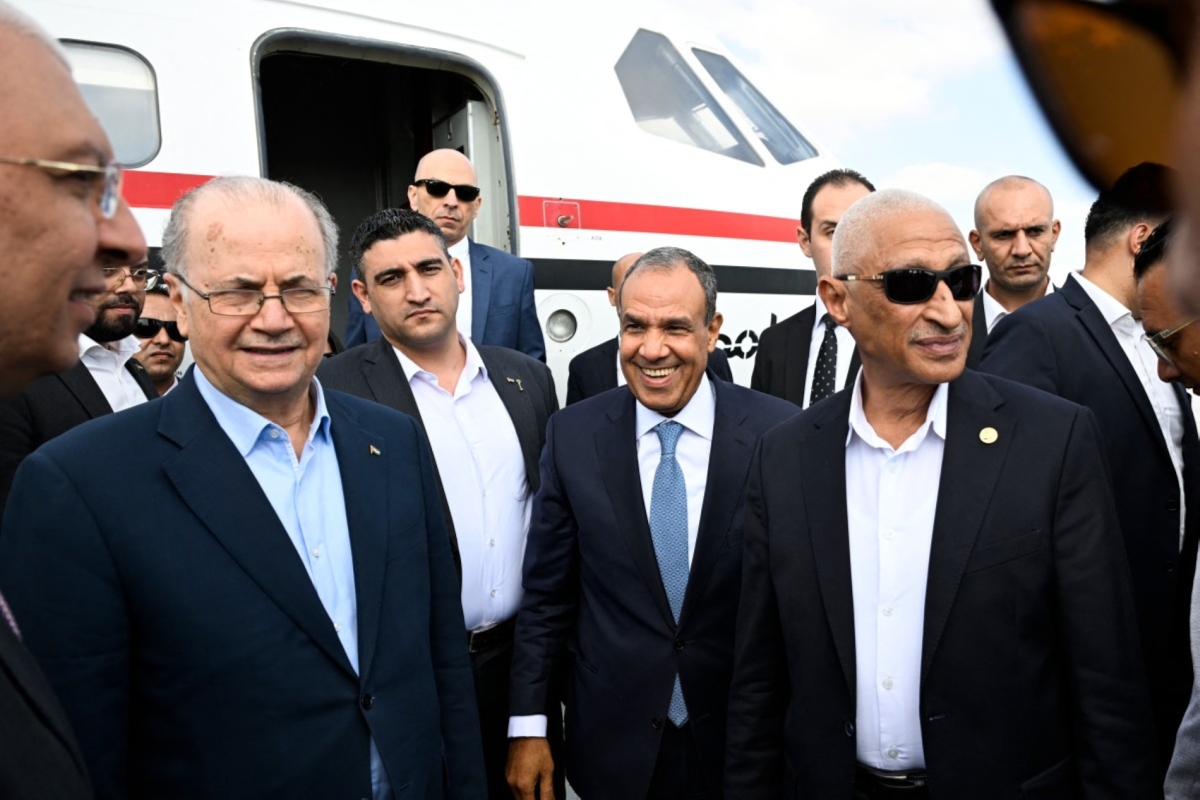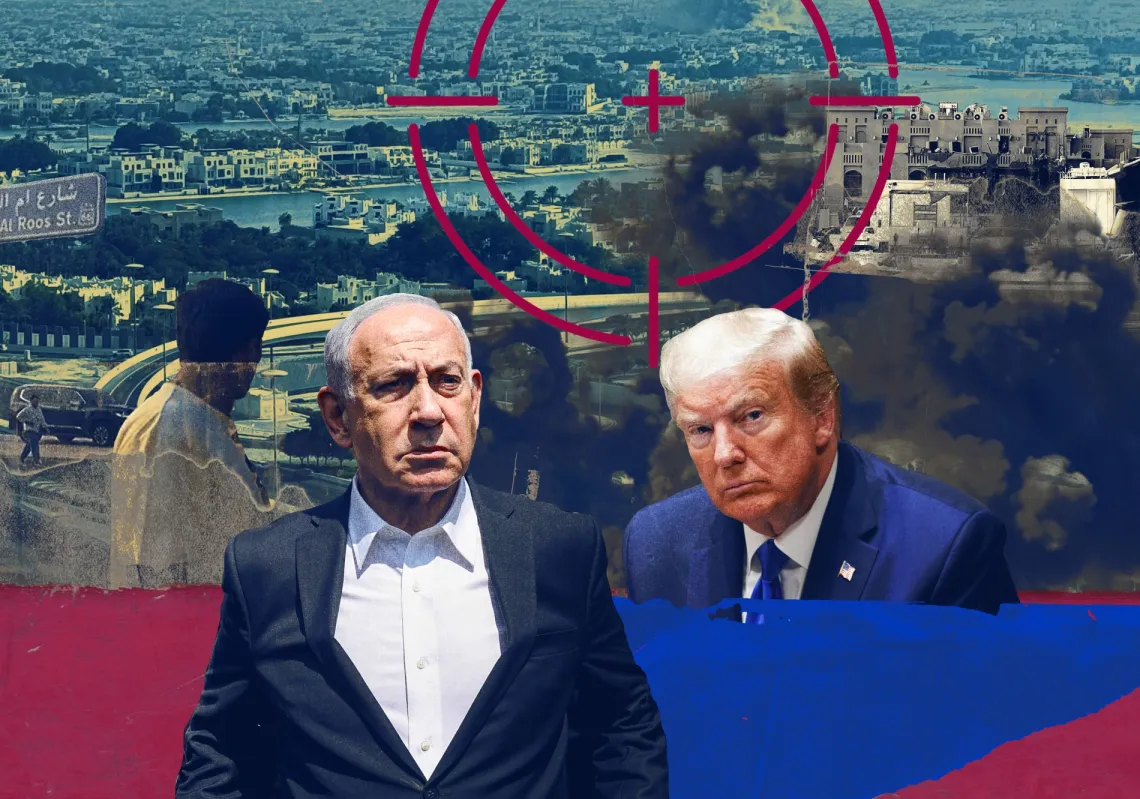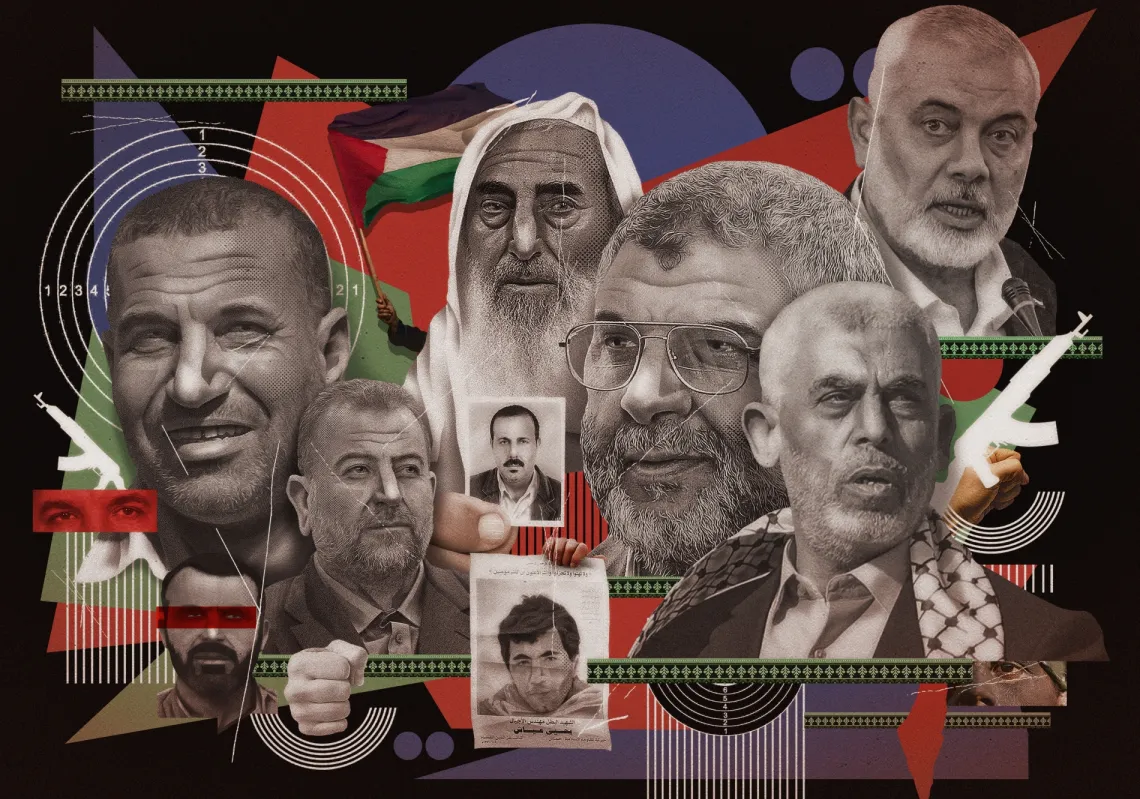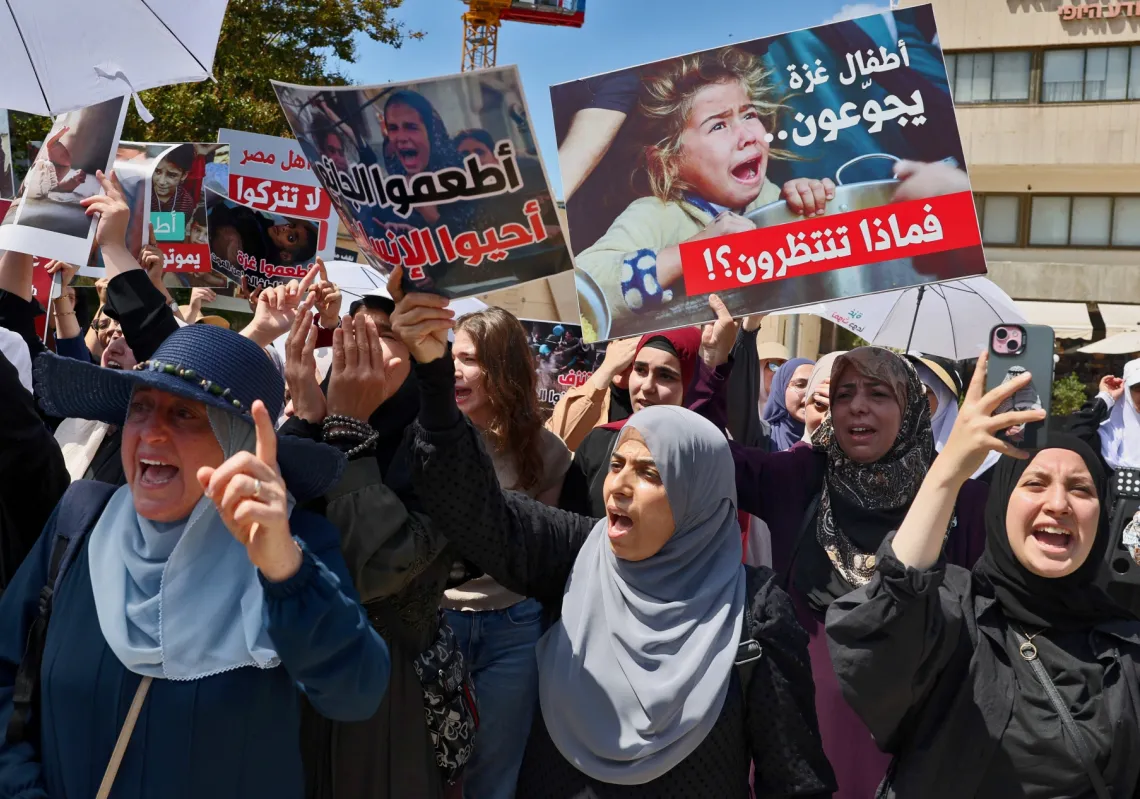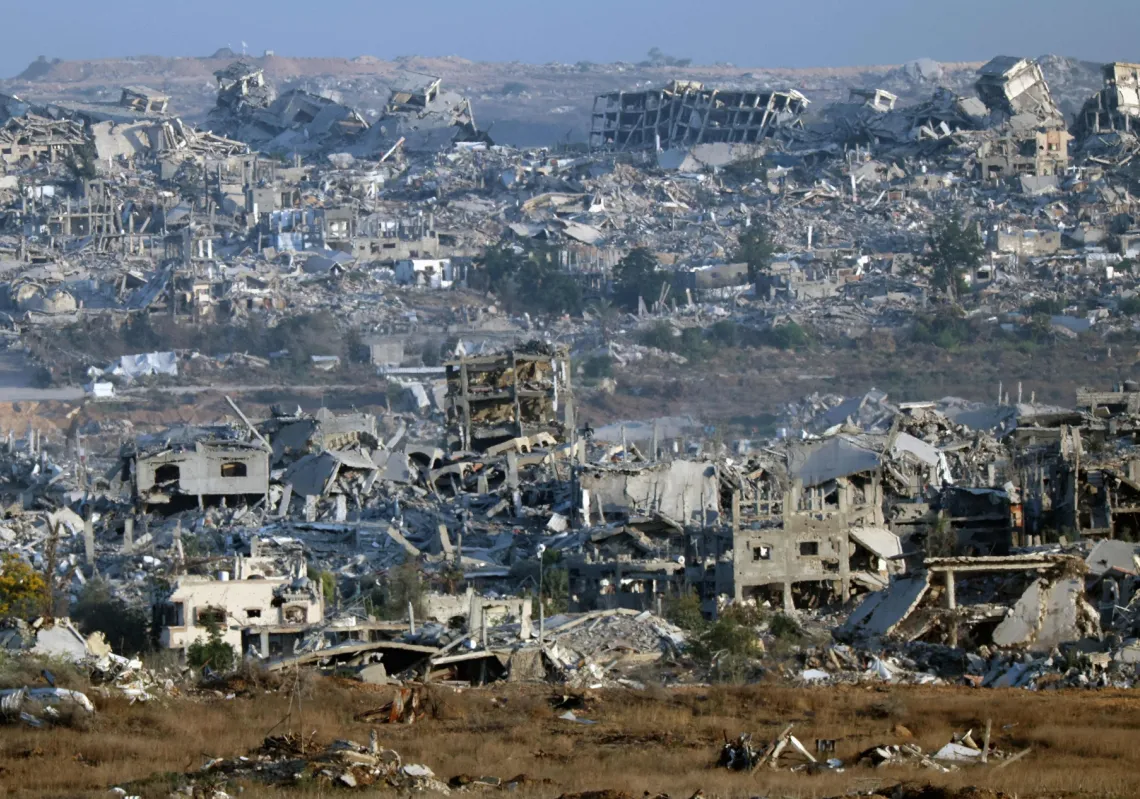The reverberations of Israel’s airstrikes against Hamas negotiators in Qatar on 9 September are still being felt, as diplomats, policymakers, and analysts try to comprehend the consequences which could very well upend the Gaza ceasefire talks altogether.
Hamas said its negotiators—including the exiled Gaza leader, Khalil al-Hayya—all survived, but that five members of the delegation were killed, including al-Hayya’s son and chief-of-staff, along with one Qatari security agent. And while effectively unsuccessful, the strike has dealt a painful sting to Qatari mediation efforts.
Israel claimed that the strike was justified as part of its general strategy of weakening Hamas’s political leadership, but most analysts view it as complicating the process of reaching a ceasefire in Gaza. Furthermore, it adds fuel to speculation that Israel is not interested—and perhaps was never interested—in ending its war on Gaza.
Time to tap out?
For his part, Qatari Prime Minister Mohammed bin Abdulrahman, who also acts as the foreign minister, has said his country would maintain its mediation efforts, but some doubt if Doha will still be fully involved after this. If it disengages, focus will turn to Cairo to fill the gap.
Having helped end other Israeli campaigns in Gaza over recent years, Egypt has been co-mediating the current ceasefire/hostage release talks with Qatar and the US since the beginning of the war in October 2023. It has put ceasefire proposals on the table, advocated for Palestinians to remain in Gaza, formulated a reconstruction plan, and rallied international support.
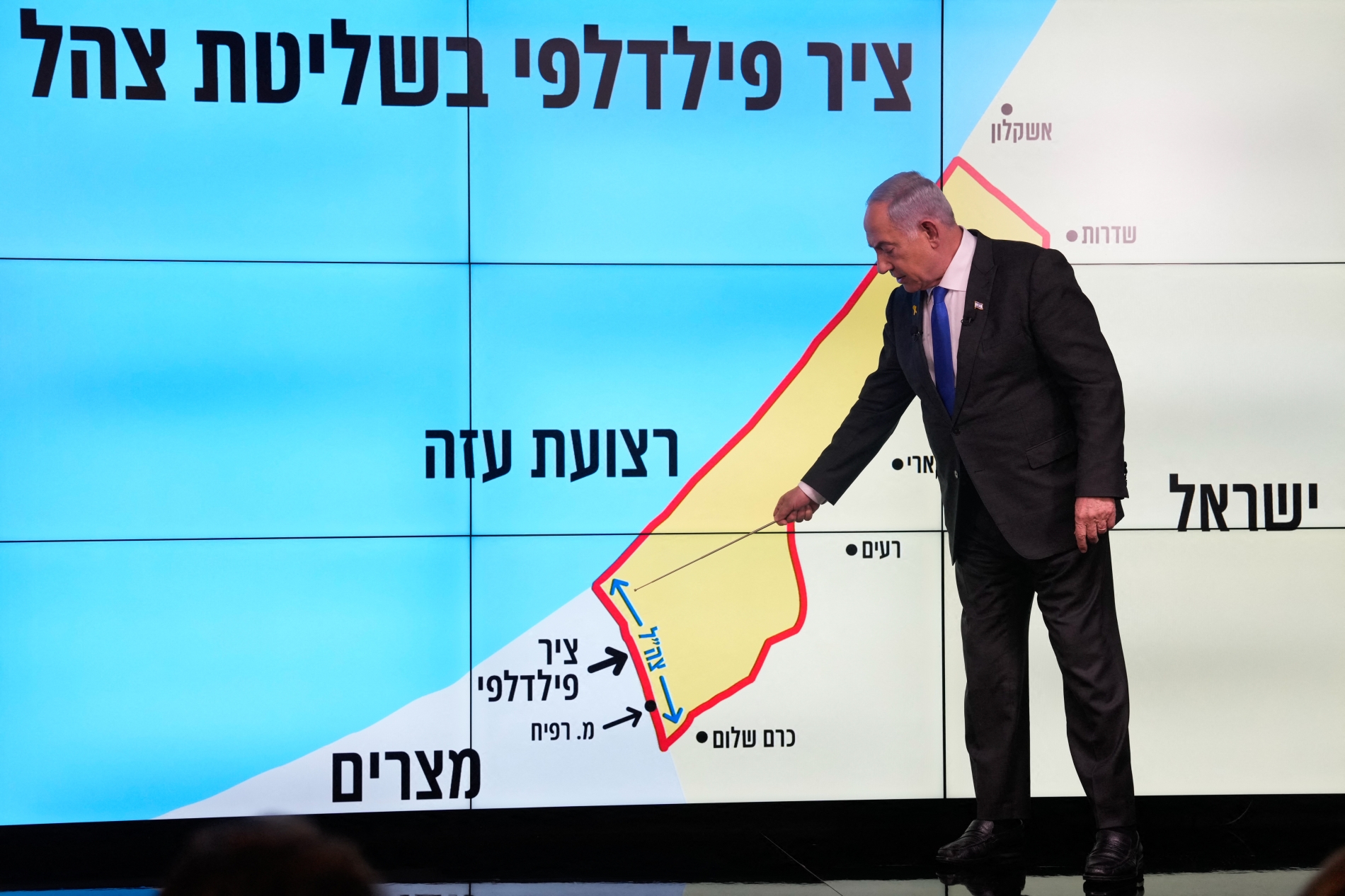
With a 12km border, Egypt has been Gaza's only land-based gateway to the outside world after Israel imposed an all-out siege on the territory since Hamas took over administration of the Strip in 2007. And until Israel took over the Philadelphi Corridor, Egypt was the main entry point and exit point into Gaza for humanitarian aid, and for the injured to leave to seek medical treatment.
Although Egypt has had its differences with Israel of late, so too has it been at loggerheads with Hamas, not least because Egypt's rulers overthrew a Muslim Brotherhood government in 2013 and have since clamped down on the century-old home-grown Islamist organisation, of which Hamas is an ideological offshoot.
In Cairo, Hamas is seen as a divisive actor and an obstacle to uniting the Palestinians, which is a prerequisite for establishing a state. As a result, Egypt submitted a plan for Gaza's post-war administration in which Hamas plays no role.
But the Islamist group has proved resilient, not least after the loss of its leaders (and if reports are to be believed, the negotiators survived the Doha bombing). This may harden the group's stance and add further to its demands, such as future protection for its leadership. Beyond that, Hamas wants a complete ceasefire, a full Israeli withdrawal, and an agreement that it can remain armed in return for releasing hostages.
Read more: Demands for Hamas to disarm have been rebuffed. What next?
It is not in a strong negotiating position, however, and that may soon worsen. Qatar has been home to the group's political leadership since 2012 and has been the territory's principal source of cash for reconstruction work following previous Israeli assaults, so if Doha were to walk away, that would be a disaster. This may focus minds in the Hamas camp and force the group to deal more seriously with Egypt.


